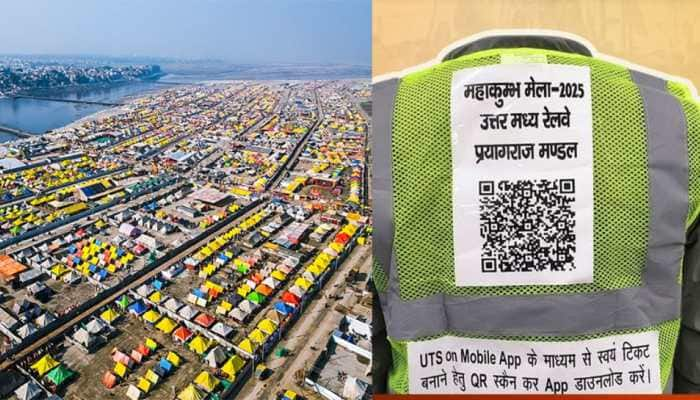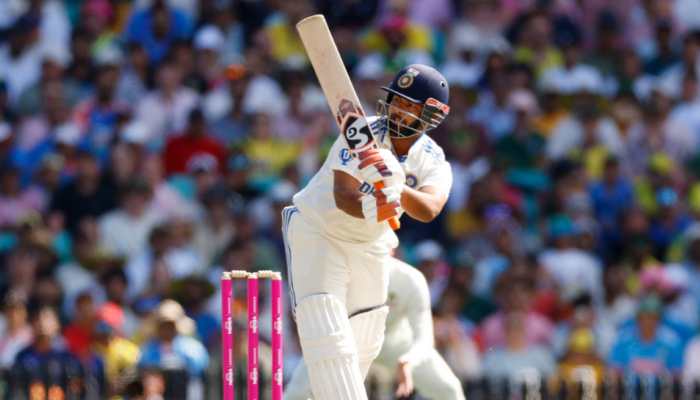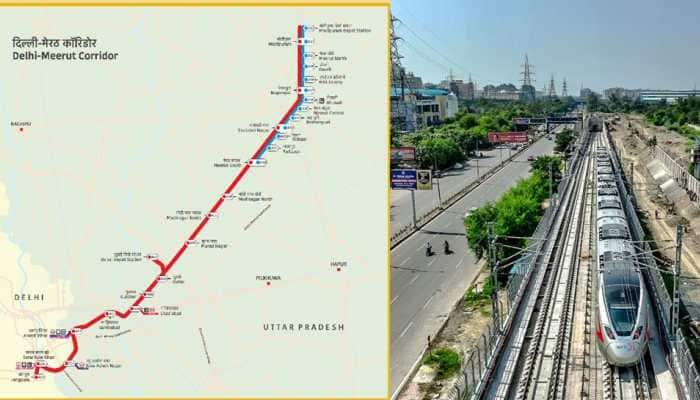JN.1 Sub-Variant Of COVID-19: Hospitals On Alert As India Logs In 21 Cases; Check Symptoms, Vaccine Efficacy
The JN.1 sub-variant is playing a major role in the upsurge of cases in many places across the world and this variant is prevalent in 36-40 countries. India is also seeing a steady rise in cases over past few days.
- Due to its rapidly increasing spread, the WHO has classified the variant JN.1 as a separate variant of interest from the parent lineage BA.2.86
- Based on the available evidence, the additional global public health risk posed by JN.1 is currently evaluated as low, the WHO said
- Doctors across India have said that there's no need to panic, but precautions have to be taken
Trending Photos
) Image by Freepik
Image by Freepik In the wake of the emergence of the JN.1 sub-variant of coronavirus in India, health experts across the county are asking people to exercise caution. Twenty-one COVID-19 cases of JN.1 sub-variant have been detected in the country so far. According to reports, the JN.1 sub-variant is playing a major role in the upsurge of cases in many places across the world and this variant is prevalent in 36-40 countries.
JN.1 Declared A Variant Of Interest By WHO
Due to its rapidly increasing spread, the World Health Organization has classified the variant JN.1 as a separate variant of interest (VOI) from the parent lineage BA.2.86. It was previously classified as VOI as part of BA.2.86 sublineages. "Based on the available evidence, the additional global public health risk posed by JN.1 is currently evaluated as low. Despite this, with the onset of winter in the Northern Hemisphere, JN.1 could increase the burden of respiratory infections in many countries," the WHO has said.
Indian Hospitals On Alert
Doctors across the country are advising people to be alert regarding this new variant, emphasising that there is no need to panic, but that precautions should be increased. "It is important to be alert and prepared against new and emerging strains of the COVID-19 virus," said the Union Minister of Health and Family Welfare Dr Mansukh Mandaviya on Wednesday while he was chairing a high-level meeting to review the COVID-19 situation in India and the preparedness of the public health system for surveillance.
NITI Aayog member Dr VK Paul on Wednesday asked fellow citizens not to panic about the new COVID-19 variant JN.1 and assured that the Centre is taking the necessary precautions to combat the new variant. "We must remember that COVID-19 has not gone till now, and the people need to be a little vigilant. The government needs to be prepared for everything and hence, the government is continuously focusing on the sequencing and surveillance work," he added.
Also Read: COVID-19's Subvariant JN.1 In Kerala: As Concerns Grow, All You Need To Know About Virus - Key Points
'Do NOT Ignore COVID-19 Symptoms'
While doctors say not to panic, keeping in mind COVID-19's health implications, they emphasise not to ignore symptoms and take immediate action. "If there is a sore throat, cough, cold, chest pain, or difficulty breathing, consult the doctor immediately. Especially those already suffering from respiratory diseases and asthma patients need to take special care," Dr Rohit Kumar, Head of Pulmonary Medicine at Safdarjung Hospital, Delhi was quoted by ANI. The doctor mentioned that during this season, individuals with serious diseases should be more careful, as those dying due to COVID-19 often have pre-existing serious conditions such as heart disease and diabetes.
It's important to visit doctors as the impending winter also means the prevalence of other types of flu. Dr Kumar told ANI, "COVID affects our respiratory system the most. Upper respiratory problems are seen in the patients, problems like a sore throat, cough, cold, chest pain, and difficulty breathing are seen. Apart from this, problems like pneumonia in the lower respiratory system also occur in the lungs, and since it is the winter season, upper respiratory problems are being seen more during this time, but we cannot call them COVID because they can also be seasonal flu."
JN.1 Sub-Variant Of COVID-19: Are Vaccines Effective?
"Current vaccines continue to protect against severe disease and death from JN.1 and other circulating variants of SARS-CoV-2, the virus that causes COVID-19," the World Health Organization has said.
Stay informed on all the latest news, real-time breaking news updates, and follow all the important headlines in india news and world News on Zee News.
Live Tv







)
)
)
)
)
)
)
)
)
)
